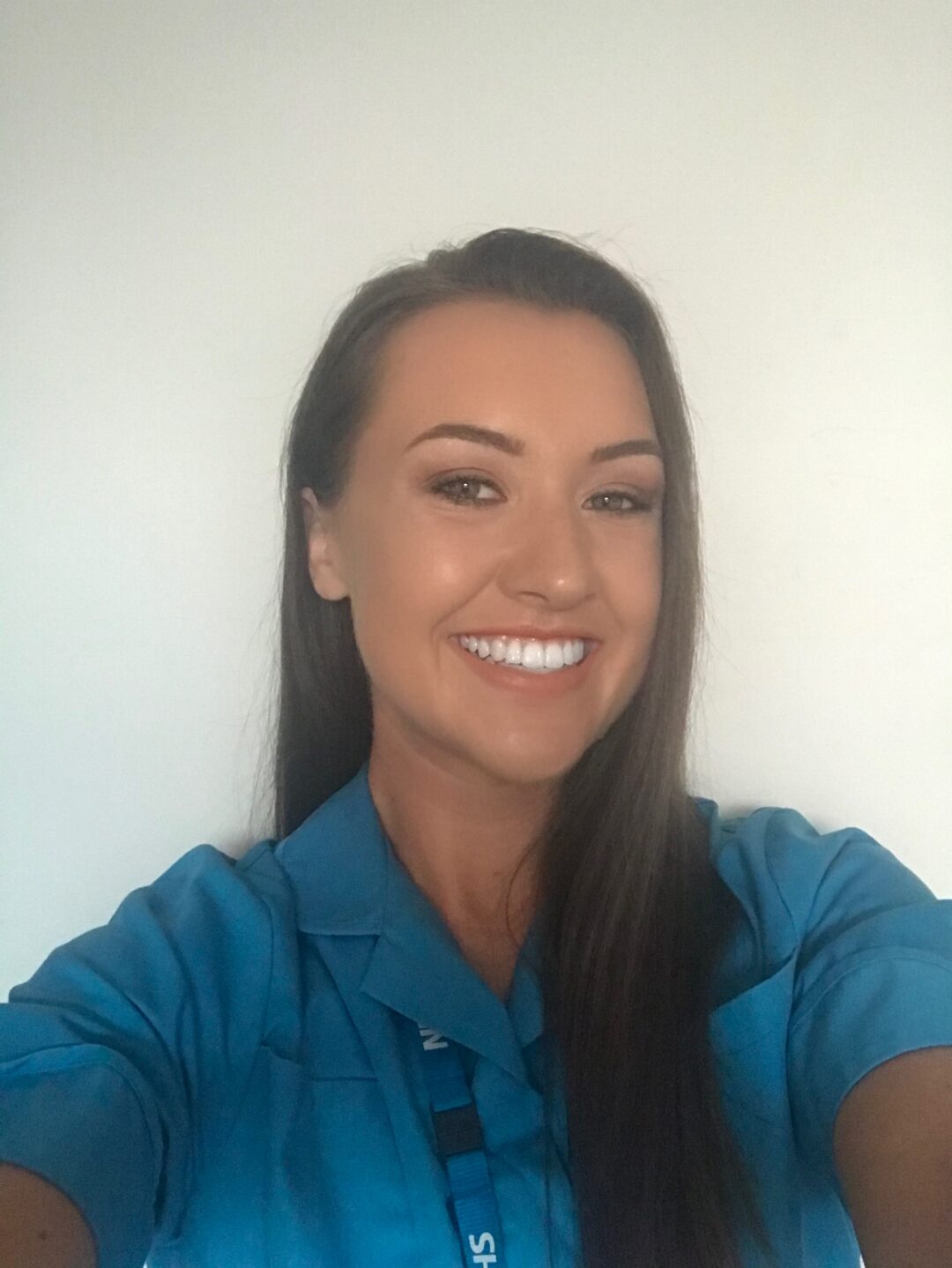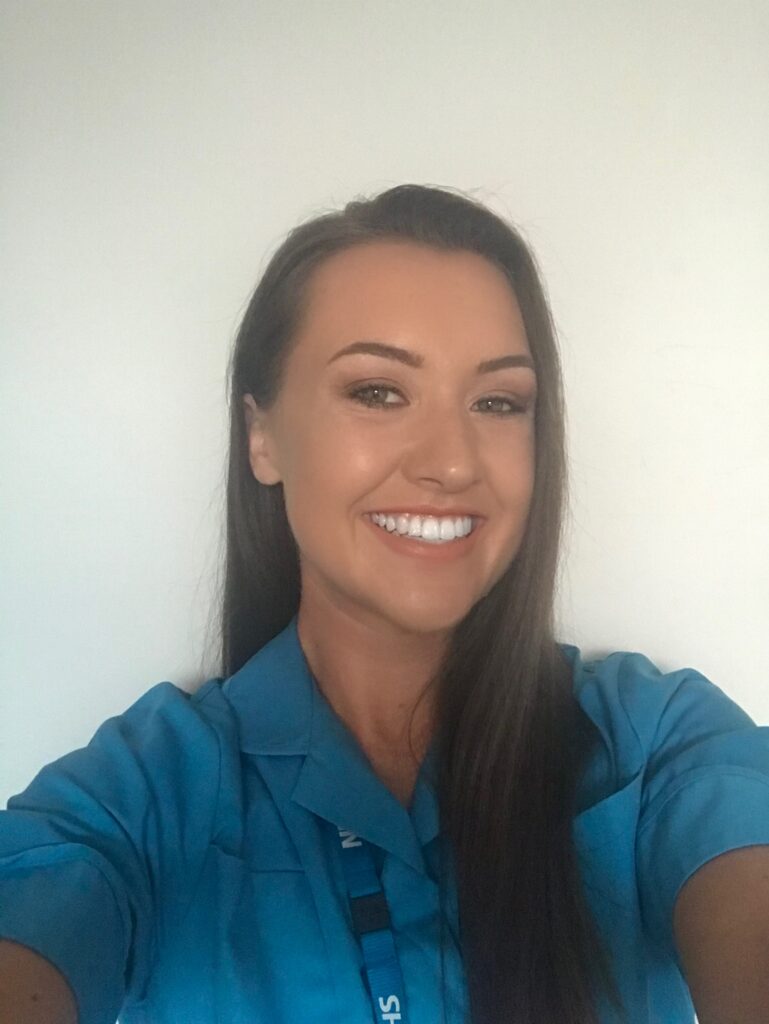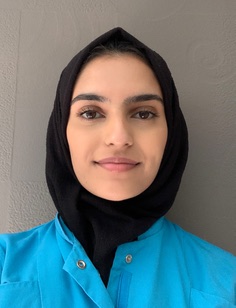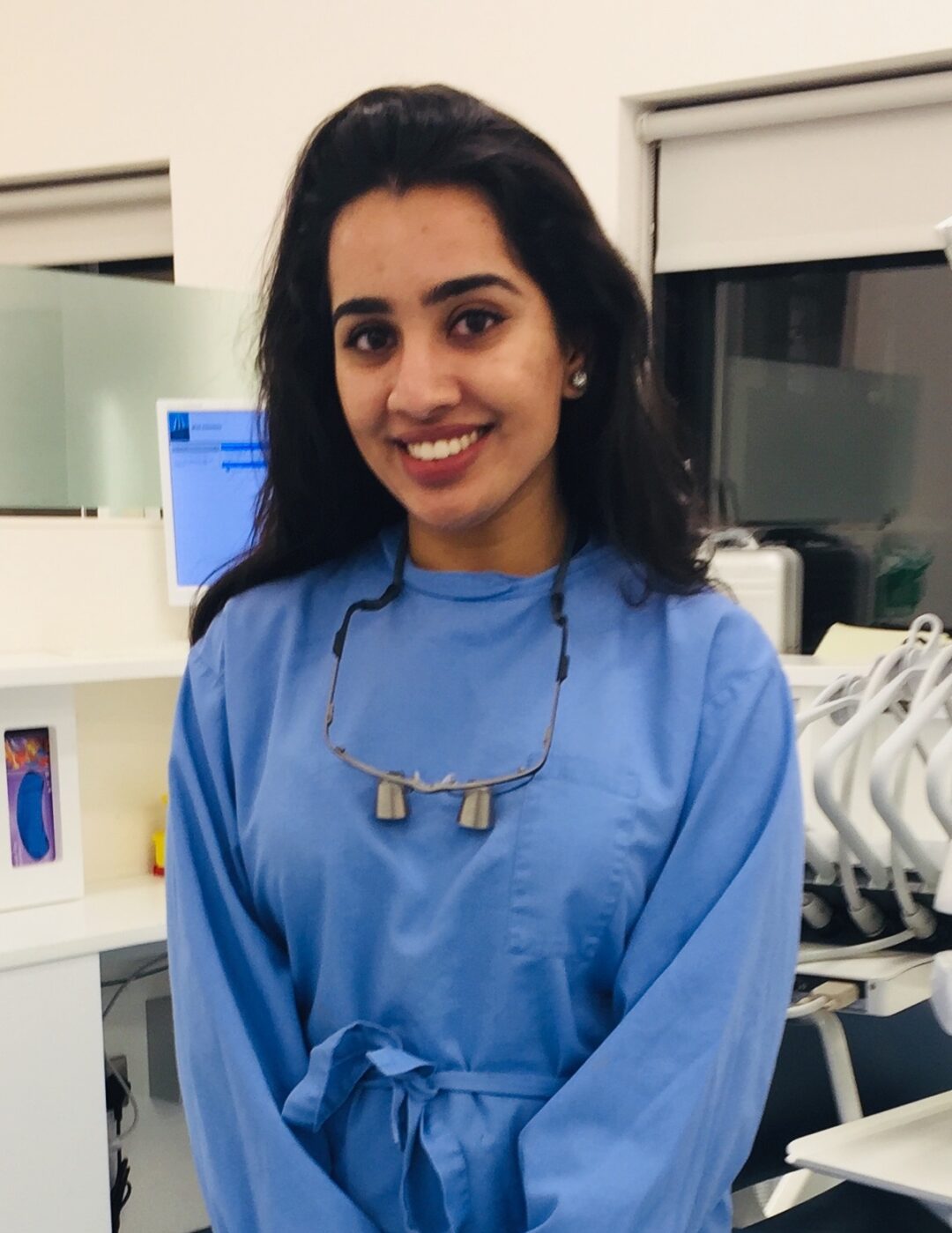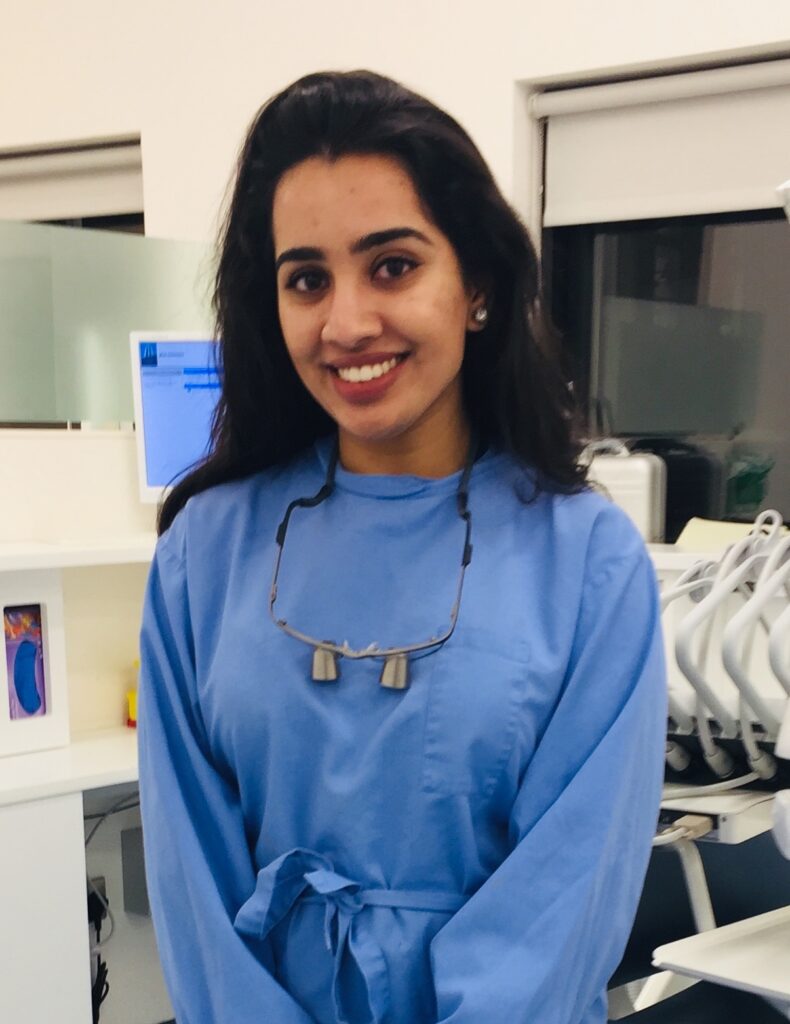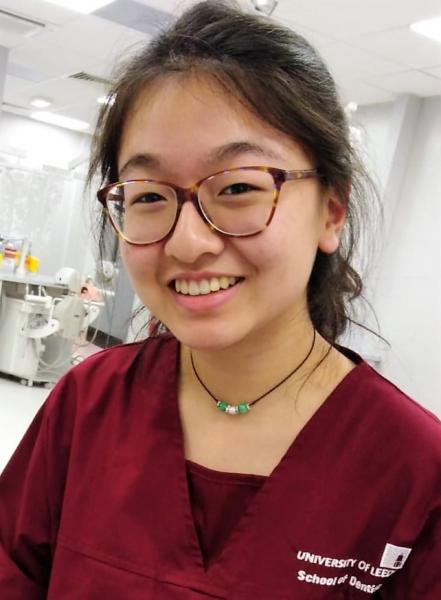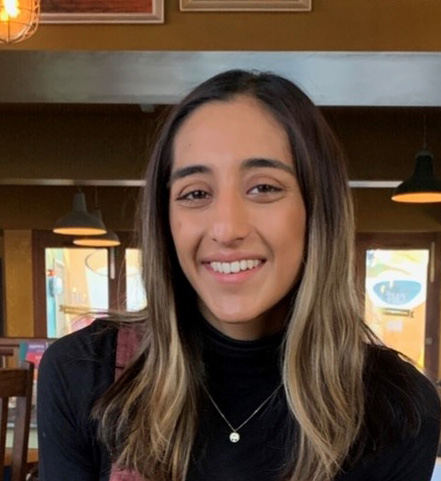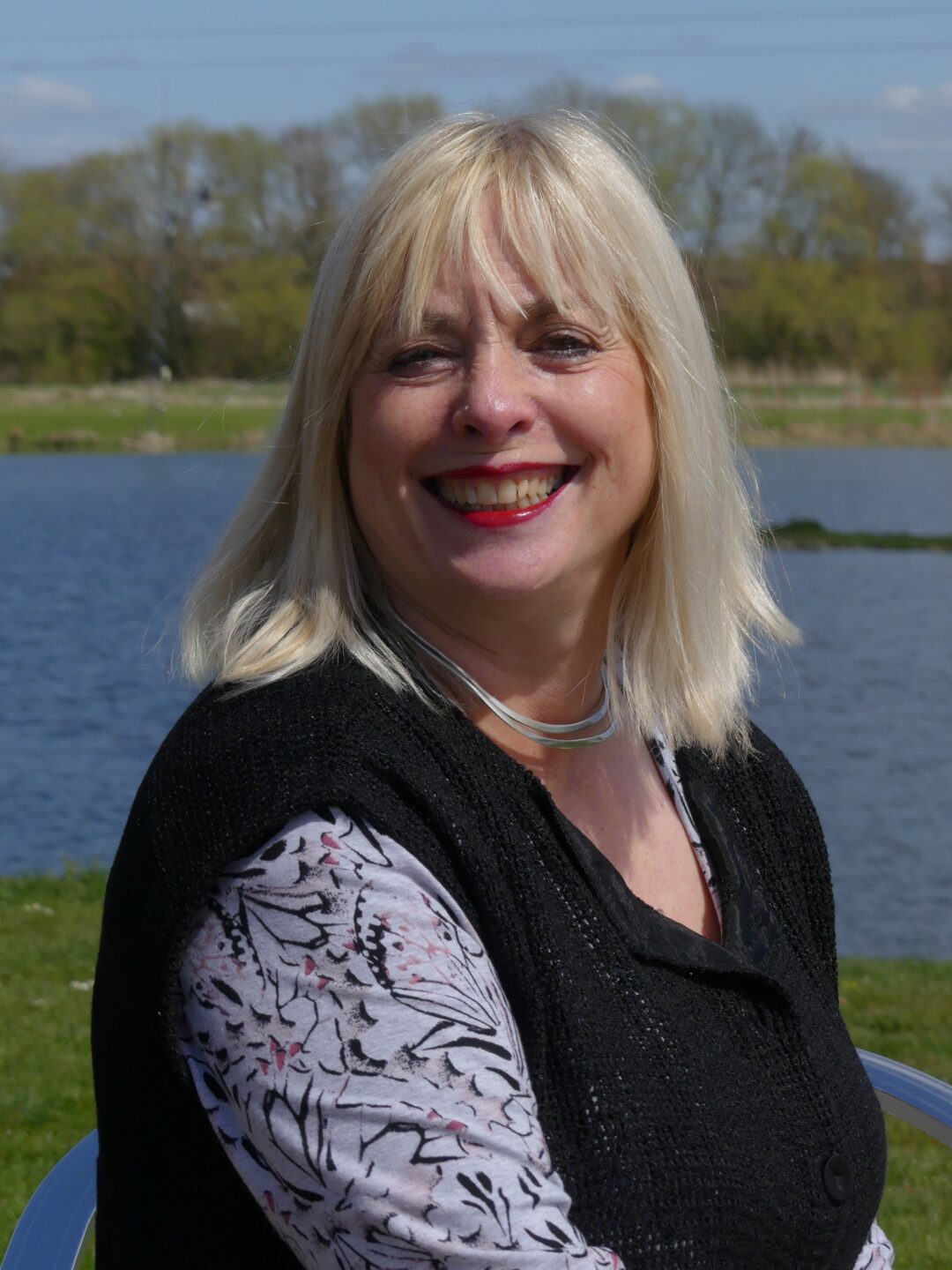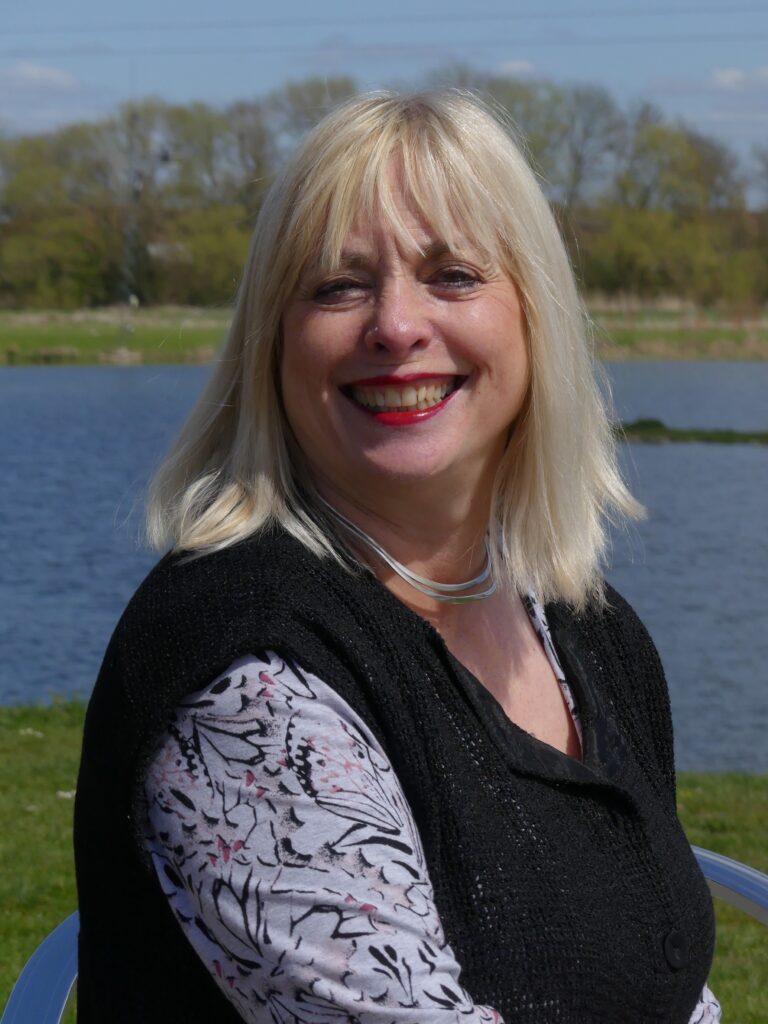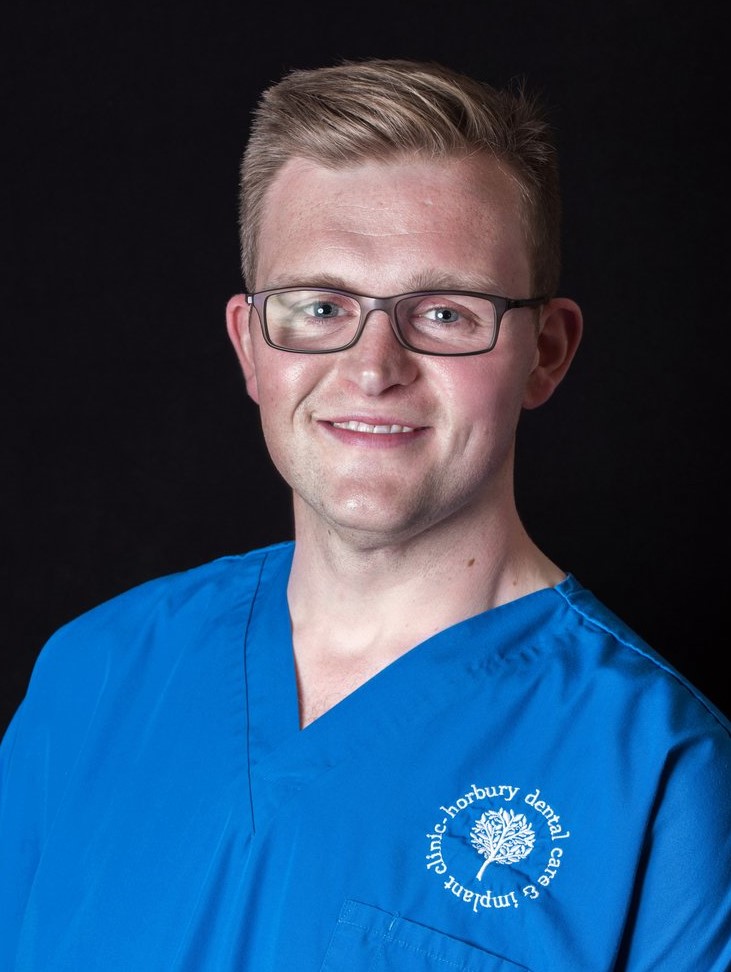Shona Sawhney, fifth year BDS student, Barts and the London, explains how she has been studying for her degree whilst managing a chronic illness and shares her advice for anyone in a similar situation.

In my third year of dental school when my clinical experience was just beginning, I began to notice changes in my health. Over a period of 3 months, extreme fatigue and stiffness slowly progressed to severe joint pain. Not only was I struggling with exams and passing gateways, but even my day-to-day routine outside of university.
The potential impact of my symptoms became apparent when I was told by a specialist, “You really need to think about another career.” I was devastated but this reaction from others would come to be the norm. I had worked exceptionally hard to gain my place at dental school, and through a chronic illness over which I had no control, I felt my future plans slowly slip away.
Dentistry is an ever-changing profession, and whilst this can be exciting, it can also be incredibly stressful. For this reason, I always tried to ensure I had an outlet to relieve that stress, this was mainly through exercise. However, as my condition worsened, I struggled to maintain these outlets, I felt I had no way to relieve the stress I was under.
When starting 4th year, I had been beaten by the suggestions of a “career change,” and that “dentistry isn’t for you anymore.” I accepted that I would be unable to do what my peers were doing. The thought of me completing my crowns gateway test that I had yet to sit, was almost laughable. I can honestly say that I have never felt more alone.
Every time I entered the clinic, I would inform the tutors of my condition, which I found particularly hard. This is not what I wanted to be known for or defined by and feared I would yet again be told this profession is not for me. I was genuinely quite shocked when I was asked by a tutor in clinics one day, “What can we do to help you?”. I almost cried, I felt like an outsider to the profession for a long time, and I finally felt heard and listened to.
This highlighted to me the importance of accessibility in dentistry, not just for our patients but also dental professionals. When seeking advice from a number of tutors and staff, I saw how the simplest of changes made a drastic impact on not only how I felt physically after clinics but also mentally too. For example, seeing oral surgery patients exclusively in the afternoon rather than the morning meant that my body and mind were prepared if I was required to perform an extraction. To quote the incredible Mohamed Jemni, I noticed that “The disability is not the problem, the accessibility is the problem.” (Jemni, 2013).
In hindsight, I now see just how hard I was being on myself. Initially, when my health condition deteriorated, I would force myself to do things even if I knew that my body was not physically up to performing the actions. And if I could not carry out the task, I got mad and angry at myself. It was a perpetual self-destructive cycle. Learning to celebrate the small victories and being kinder to myself has helped me manage my conditions, instead of belittling myself, and saying “you must pass this,” I instead say, “I am proud of you for trying your best.”
I was often told that dentistry was not for me due to my condition, and this is not true in the slightest. There is a place for those with chronic illnesses to be key members of the dental community. My advice to those in a similar circumstance is to give yourself the same kindness you would give to others in your situation and do not be embarrassed to speak out and ask for help or adjustments to make dentistry more accessible. Lastly, to never give up on your aspirations despite what others may say, because to have a disability does not mean you miss ability; with the right support and adjustments, anything is attainable.
Jemni, M., 2013. Breaking The Silence Of Deafness.
Shona was a speaker at the Disability Awareness in Dentistry webinar, organised following a shared commitment by the CGDent, FGDP and BDA to promote equality, diversity and inclusivity in the profession. A free recording of the webinar is available to CGDent members and ProDental subscribers and comes with one hour’s CPD (a £20 fee applies for non-members/non-subscribers).
Author bio

I am currently in my final year of Dentistry at Barts and the London. Within dental school I have enjoyed seeing patients from all different walks of life. I really enjoy talking to patients about their dental anxieties and building their confidence to visit the dentist regularly and improve their oral health, which has given me a future interest in community dentistry!
Outside of university life I run an Instagram page (@shocreates) to highlight my digital art related to chronic illness, and advocate for disability within dentistry. I also love to work out and try different cuisines around the world!
Shona Sawhney
This student advice blog was originally published by FGDP(UK) in April 2021 and has been republished by the College of General Dentistry with the author’s permission.

